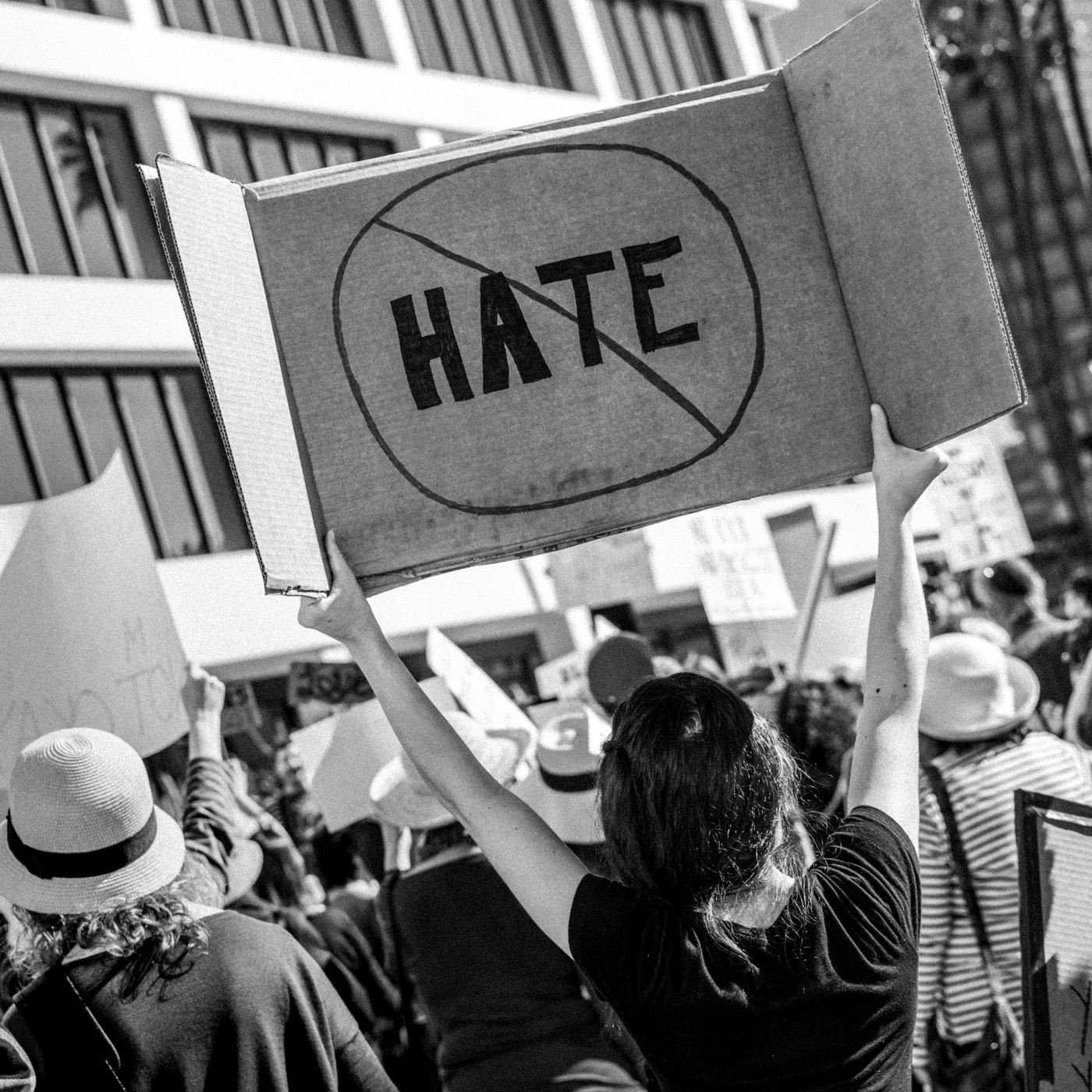How LGBTI rights are being used for political manipulation in Europe, and why that’s something everyone should be worried about

Commissioner for Human Rights, Dunja Mijatovic has issued a powerful comment, clarifying that LGBTI people are being used as a political pawns by ultra-conservative leaders in more and more European countries, and that in turn the human rights and freedom of everyone are being undermined. Here’s what she had to say.
“World Pride is being celebrated on our continent this week, but a surge in intolerance towards LGBTI people in Europe is nothing to be proud about,” said Commissioner for Human Rights, Dunja Mijatovic in the opening paragraph of a powerful comment, published on August 16. She went on to warn that public officials “are failing in their duty to promote equal dignity and human rights for all.”
The Commissioner for Human Rights is an independent institution established by the Council of Europe. Its mission is to protect human rights across Europe, pursuing direct dialogue with authorities in each state, providing advice and raising awareness, and supporting the work of human rights defenders.
Issuing comments is one of her tools towards these goals. The latest one is a strong message of support to all LGBTI communities on the European continent and a wake-up call at a time when politicians and public officials are blatantly targeting LGBTI people for their own political gain.
Here are the Commissioner’s nine main statements about the manipulation of LGBT rights by ultra-conservative politicians to gain power in Europe:
1.“Scapegoating LGBTI minorities has become a tactic applied by ultra-conservative and nationalist politicians posing as defenders of so-called “traditional values” to strengthen their base and gain or stay in power. I have observed that stigmatisation of LGBTI people is particularly pronounced in the run-up to elections and votes.”
2.“In addition to mobilising certain categories of voters, the exploitation of societal homo/transphobia has proven a convenient way to divert public attention away from government failure to address pressing social issues and rising inequalities, and broader attacks underway on human rights and democracy.”
3.“Anti-gender movement actors seek to blur the lines for their audience by adopting the vocabulary of human rights, but what they are doing in reality is working to deprive other groups — mainly women and LGBTI people — of their rights.”
4.“By permeating the political scene, the anti-gender movements are increasingly well-placed to erode the protection of human rights in Europe. It is urgent to acknowledge this fact and take steps to counter it.”
5.“Targeting LGBTI people for political gain is a costly strategy which harms the lives and well-being of those affected and undermines social cohesion in general. When public officials and elected politicians employ intolerant rhetoric, this signals to others that they too can engage in hateful actions with impunity.”
6.“Stigmatisation and political manipulation of LGBTI issues rarely stops at words; it often goes on to adversely affect how LGTBI rights are protected at policy level and by law […] Bills that should be uncontroversial have spurred heated political debate. For example, in Italy, a bill ensuring that sexual orientation and gender identity are mentioned along with other grounds in a law prohibiting hate speech and hate crimes, has been blocked for months.”
7.“As clearly established by the European Court of Human Rights, hate speech against LGBTI people is not protected by freedom of expression, and neither is it by freedom of belief.”
8.“Political parties and parliaments should adopt codes of ethics that prohibit and punish homophobic and transphobic hate speech. Public representatives should systematically condemn homophobic and transphobic speech. There must be no impunity for particularly serious cases of incitement to hatred and violence by politicians.”
9.“Human rights are universal and indivisible: ensuring that everyone in society can enjoy them is the key to cohesive, peaceful societies where everyone can strive. Pitting groups of people against each other breeds tensions, hate and violence — only serving the narrow interests of some unscrupulous politicians.”